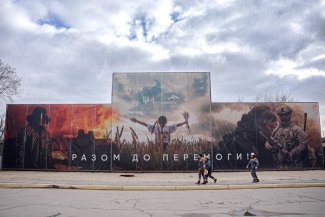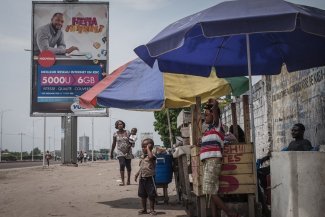
Two years after the revolutions in the Arab region, too many countries are still a long way from the democracy that people fought for, and from the reforms they demanded.
The most recent riots in Egypt provide more evidence of the widespread frustration and discontent in the system of social injustice that persists with the regime of Mohamed Morsi.
Over the few last months, the IMF has been arguing that inequality is directly related to economic instability. The issue was also discussed at the World Economic Forum (WEF) of Davos last week, where the global elite expressed their concerns about the constant turmoil in the Middle East.
Democracy is still far from certain, many observed, and the recession has left hundreds of thousands of young people jobless and frustrated that their revolutions haven’t produced any concrete improvements.
But what the international financial institutions didn’t say is how they contribute to those situations.
In Egypt, for instance, the programs imposed by the IMF in the early 1990s led to massive privatisation and to cut spending on services, depriving millions of Egyptians of their right to healthcare, education and employment.
As for today, a new IMF loan to the Morsi government will be used to bridge the budget deficit. However, independent trade unions argue that the loan will not bring economic investment or social development, prevent any attempts at real recovery or to address the increasing unemployment, especially among young people.
From this perspective, the WEF could have done much more to tackle the many challenges that structural economic reforms are producing in countries like Egypt.
According to Ángel Gurría, secretary-general of the OECD, in Davos, the sole focus on the economic crisis has ’distracted’ leaders from many other important issues, including education, the social consequences of unemployment and promoting ways to deal with climate change.








